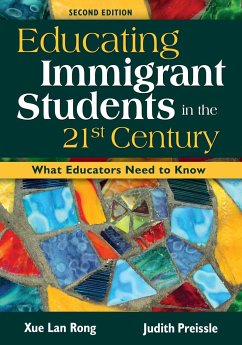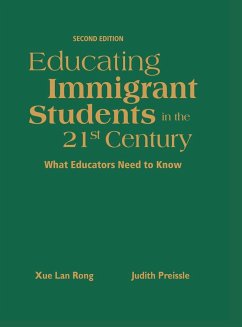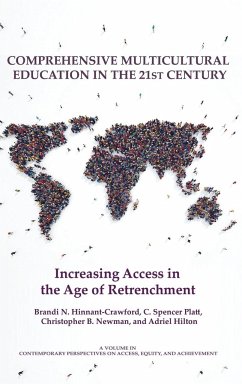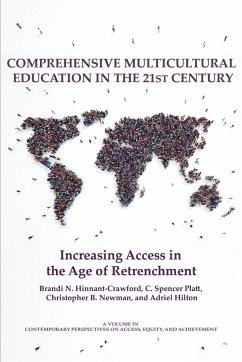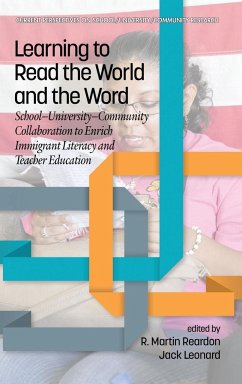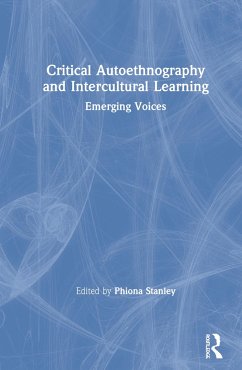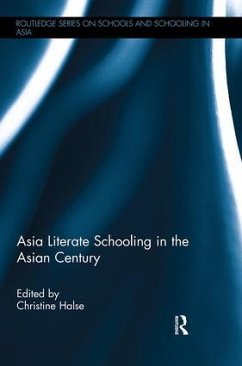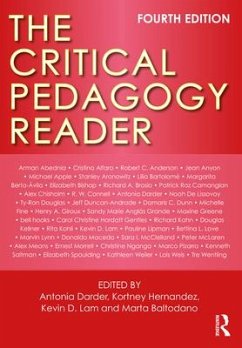
Learning Critical Thinking Skills Beyond the 21st Century For Multidisciplinary Courses
A Human Rights Perspective in Education
Versandkostenfrei!
Versandfertig in 1-2 Wochen
77,99 €
inkl. MwSt.

PAYBACK Punkte
39 °P sammeln!
Featuring contributed chapters written by experts within the field, Learning Critical Thinking Skills Beyond the 21st Century for Multidisciplinary Courses: A Human Rights Perspective in Education provides readers with various perspectives regarding the intersection of education, human rights, and critical thinking. The text integrates strategies and best practices that support equitable education, elevate human rights, and pave the way for a better future. The text is divided into four modules. In Module 1, readers learn about the history and evolution of human rights, how students can integr...
Featuring contributed chapters written by experts within the field, Learning Critical Thinking Skills Beyond the 21st Century for Multidisciplinary Courses: A Human Rights Perspective in Education provides readers with various perspectives regarding the intersection of education, human rights, and critical thinking. The text integrates strategies and best practices that support equitable education, elevate human rights, and pave the way for a better future. The text is divided into four modules. In Module 1, readers learn about the history and evolution of human rights, how students can integrate language arts and human rights into STEM/STEAM subjects, and how critical teaching and social justice teaching can increase students' involvement and understanding. Module 2 features scholarship on leadership and inclusion in cross-cultural and multidisciplinary critical thinking, field theory as a means to analyze the social world critically, and the need across the disciplines for high-quality critical thinking. In Module 3, chapters speak to the critical nature of cultural learning and individual life experience in the quest for sustainability, the dynamics of cultural encounters, the correlation between art and mathematics from an instructional aspect, and how digital storytelling can foster greater academic literacy. The final module features chapters on humanistic literacy, strategies to enhance global literacy, and critical and cultural literacy.







